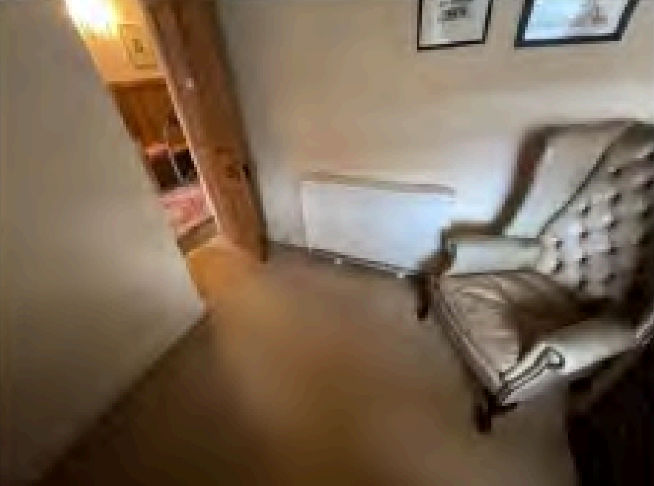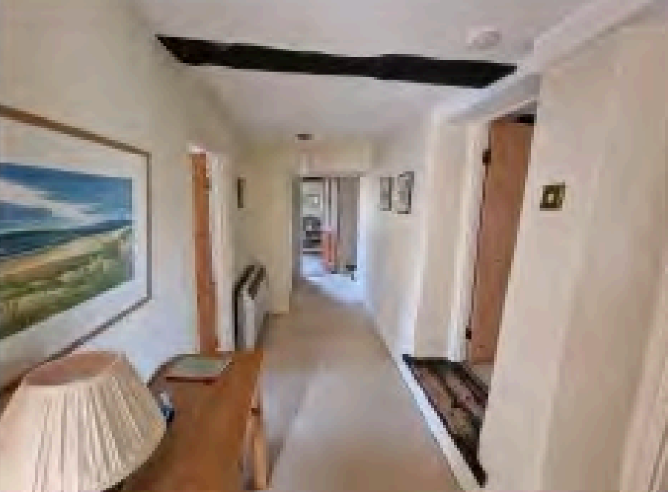Manor Farm House, Bristol Deep Retrofit Upgrades
INTRODUCTION
This case study examines the transformation of a large rural farmhouse in Bristol, where elderly homeowners were struggling with inadequate heating. Through the Home Upgrade Scheme 1 funding, a comprehensive solution was implemented to provide sustainable heating throughout the
property. The project, valued at £1,500,000 and completed in March 2023, demonstrates how targeted interventions can significantly improve living conditions for vulnerable residents in off-grid properties.












